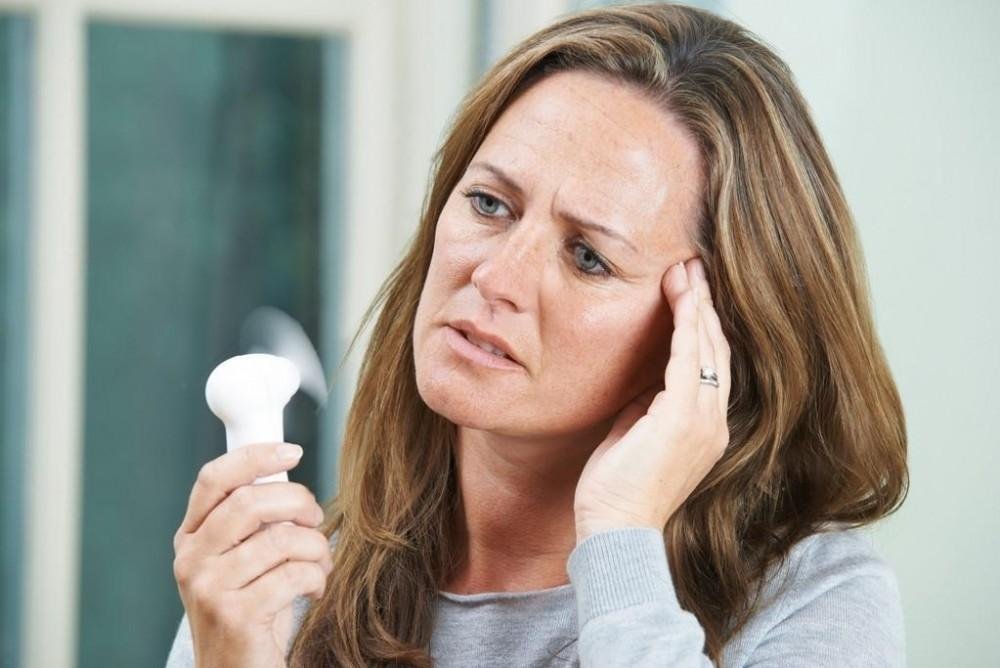
Understanding PCOD: Beyond the Buzzwords – oversimplified by insta influencers?
Introduction
In recent years, Polycystic Ovarian Disease (PCOD) — often used interchangeably with PCOS — has become a widely discussed topic on social media. This growing awareness is a positive step, but unfortunately, the condition is frequently oversimplified, often reduced to weight gain, acne, and irregular periods. As a gynecologist practicing in Andheri West, I see first hand that PCOD is far more complex. It’s not a temporary phase or a one-dimensional problem. It is a deeply systemic, chronic condition that requires careful understanding and personalized care.
The Complexity of PCOD – More Than Just Hormones
PCOD is not merely a hormonal imbalance — it is an intricate disorder involving:
- Endocrine disturbances
- Metabolic dysfunction
- Reproductive challenges
Every woman experiences PCOD differently. Some may struggle with irregular cycles and infertility, while others may face insulin resistance, hirsutism (excess hair growth), or even depression and anxiety. In many cases, it is a combination of all the above.
The Root Causes Are Multifactorial
- Genetics
- Insulin resistance
- Low-grade inflammation
- Environmental and lifestyle triggers
This makes PCOD a chronic and evolving condition, not something that can be addressed with a single diet, supplement, or workout plan.
The Emotional Toll – A Silent Struggle
As clinicians, we have the privilege and responsibility of seeing real women, not just before- and-after photos. Many come to us after months or years of trying every method recommended online — from gluten-free diets to restrictive routines — only to feel disappointed and exhausted by the lack of results.
Real Struggles Deserve Real Solutions
This cycle of trial and error leads to emotional fatigue, self-blame, and often, hopelessness. It’s important to remember that no one-size-fits-all approach can fully address this condition. PCOD is not a “phase” or a “personal failure” — it is a medical condition that needs professional care.
A Wholesome, Patient-Centered Approach to PCOD
True treatment goes far beyond symptom control. Here’s what a comprehensive management plan looks like:
- Medical Therapy
- Tailored to your symptoms and PCOD phenotype
- May include hormonal support, ovulation induction, or insulin-sensitizing agents
- Lifestyle Modifications
- Sustainable, balanced nutrition (not crash diets)
- Moderate, regular exercise adapted to your needs
- Sleep hygiene and stress reduction
- Mental Health & Emotional Wellbeing
- Screening and support for anxiety, depression, and mood swings
- Body positivity and confidence-building strategies
- Micronutrient Optimization
Emerging research highlights the value of micronutrients in improving hormonal balance and metabolic health:
- Inositol (Myo & D-Chiro) – improves ovulation and insulin sensitivity
- Vitamin D – helps regulate menstrual cycles and improve insulin response
- Magnesium & Zinc – support glucose metabolism and reduce inflammation
- Chromium – aids in insulin function and appetite control
These should always be used under professional guidance, not as standalone “cures,” but as part of a holistic, evidence-based plan.
Final Thoughts
PCOD is not a trend. It’s a chronic condition that affects every part of a woman’s health — physically, emotionally, and hormonally. While awareness is growing, the conversation must evolve from simplified tips to empathetic, individualized care.
Whether you’re newly diagnosed or have been managing PCOD for years, remember: you are not alone, and you don’t have to navigate this journey without proper support.
Let’s Talk About Your Journey
If you’re feeling overwhelmed or confused by conflicting information, I invite you to consult in person. Together, we can explore a realistic, medical, and compassionate approach
